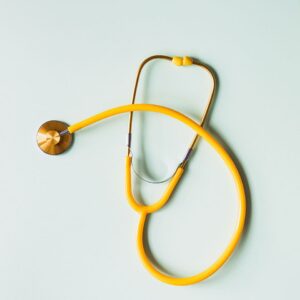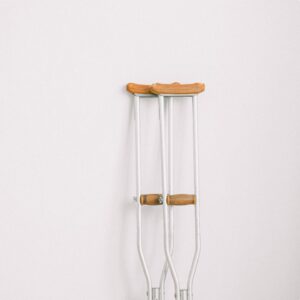Medical Mask
$0.99
A medical mask, often referred to as a surgical mask or procedure mask, is a protective device commonly used in healthcare and public settings to shield against the transmission of respiratory droplets and infectious agents. These masks are typically made of multiple layers of material and are designed to cover the nose and mouth, creating a barrier that reduces the spread of germs. Medical masks are a crucial tool in infection control and public health, offering a simple yet effective means of safeguarding the wearer and those around them from contagious diseases and viruses.
Medical masks, often known as surgical masks or procedure masks, are a critical component of healthcare and public safety. These simple yet powerful devices have become ubiquitous in our daily lives, especially in the context of a global pandemic. Medical masks serve a dual purpose, protecting both the wearer and those in their vicinity by creating a physical barrier against the transmission of harmful pathogens. This comprehensive exploration delves into the significance, types, and wide-ranging applications of medical masks in safeguarding health and promoting safety.
The Significance of Medical Masks
Medical masks play a vital role in various aspects of healthcare, infection control, and public safety. Their significance is evident in the following ways:
Infection Prevention
Medical masks are primarily designed to prevent the spread of infectious agents. They act as a barrier, effectively blocking respiratory droplets that may contain bacteria or viruses. This is particularly crucial in healthcare settings, where healthcare professionals wear masks to protect themselves and patients from potential cross-contamination.
Respiratory Protection
Medical masks also serve as respiratory protection for the wearer. They filter out large particles and droplets, reducing the risk of inhaling harmful substances, especially in situations where the air may be contaminated.
Pandemic Control
The global COVID-19 pandemic underscored the importance of medical masks as a key tool in controlling the spread of contagious diseases. Wearing masks in public spaces has been widely recommended to reduce the transmission of respiratory viruses.
Public Safety
In addition to healthcare settings, medical masks are now commonly used in public spaces, transportation, and workplaces to promote public safety. They contribute to reducing the risk of virus transmission and maintaining a sense of security in uncertain times.
Related products
-
Medical Accessories
Stethoscope
$200.00Original price was: $200.00.$149.00Current price is: $149.00. Add to basket




Reviews
There are no reviews yet.